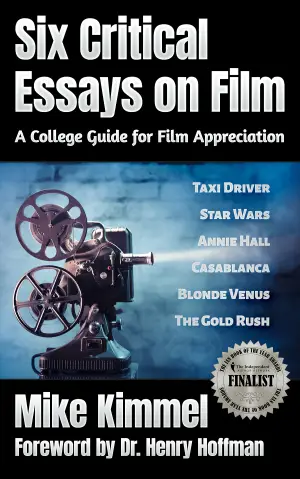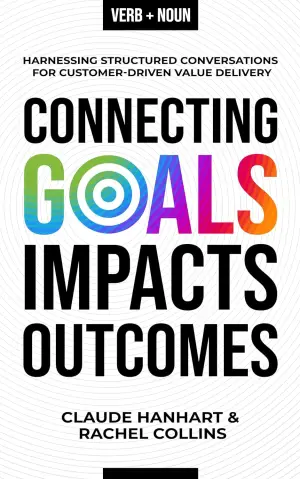I recently finished reading The Life Compass by Samer Abdo, a title that caught my attention when I was exploring self-help literature to enrich my personal growth. I’ve always enjoyed delving into books that not only inspire but also provide tangible steps for transformation, which is why this one piqued my interest. The promise of it being the "last self-help book you’ll ever need" certainly had my curiosity stirred.
The Life Compass spans 421 pages, offering insights into 11 essential areas for growth, ranging from authenticity to relationships. I found the structure, divided into 111 actionable rules, incredibly inviting. This format allows readers like myself to either embark on a structured journey or jump directly to the rule that resonates with current challenges. For example, the rule about being grateful while aspiring for more really struck a chord with me, as it encourages a balanced and mindful outlook on ambition.
One of the strongest aspects of the book is how it bridges the gap between theory and real-world application. Each rule is not just a standalone idea but is coupled with insights from great thinkers like Rumi and Marcus Aurelius. This historical grounding enhances the relevance of the lessons. There are also case studies sprinkled throughout that help make the theories come alive, allowing me to reflect on my own experiences and consider how I could apply these insights in my life.
However, while I appreciated the clarity and the actionable nature of the advice, there were moments where I felt certain rules could have been expanded upon. For instance, the encouragement to avoid the ‘if-then’ model of happiness is profound, but some scenarios felt a bit oversimplified. I think that more nuanced discussions could help readers navigate complex situations better. Another point I noticed was that the book, at times, felt a little repetitive. While clarity is critical, I would have preferred a bit more depth in certain sections.
Echoing what others have said, like an Amazon customer who mentioned that the book resonated with them and their son, I, too, found it enlightening—not only for my personal journey but also because of how applicable it is for younger audiences facing their own challenges. It is powerful to see such resources not just for myself but for loved ones navigating transitions, like my own friends adjusting to new jobs or life phases.
Overall, The Life Compass does live up to its reputation as a practical guide for lifelong growth. The actionable rules presented alongside self-reflection questionnaires are indeed tools that I believe I will return to time and again. The book serves as a valuable toolkit that encourages not only understanding oneself better but also empowers readers to take meaningful actions.
In conclusion, Samer Abdo has crafted a thoughtful and insightful guide that stands out in the crowded field of self-help literature. While I noticed a couple of areas needing more depth, the overall practicality and relevance of the content outweighed those concerns. If you’re looking for direction in various aspects of life and want a guide that you can dip into whenever needed, I highly recommend adding The Life Compass to your reading list. I am confident it will be beneficial for anyone embarking on their journey of self-discovery and transformation.








